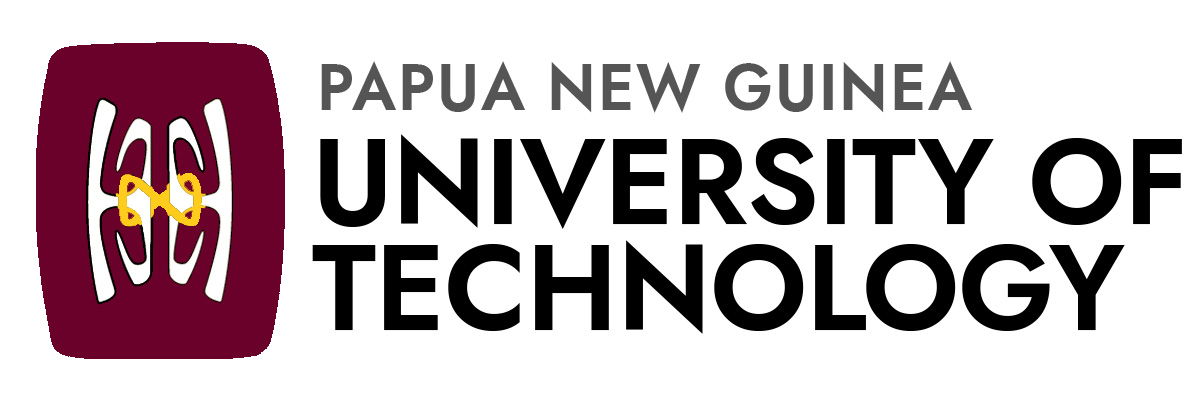“What is academic life at the University really like and how does it differ from that at school?”, is probably a question that most intending students wish to ask. You may ask this question directly to one of the University‟s representatives who will visit your school during the course of your time there, or you may ask a person who has been to the university. The few words which follow may give you some useful information.
The most striking difference between school and university, is the degree to which a student is considered to be responsible for organizing his/her own studies. Although the University expects that a student will attend the classes that are involved in his/her course, it recognises that each student has a right to manage his/her own academic affairs. Where a student‟s attendance at class is poor or where his/her academic performance leaves a lot to be desired, the University will take steps to improve the situation. But broadly speaking, you are more responsible for your own academic life at the University than you are at school.
One consequence of this is that you will have more “free” time, than at school. By “free” is meant time outside formal classes. On average, students spend about 24 hours on formal class contact, hours per week.
In addition, you will have considerable time outside the working day and at the weekends, part of which you will have to devote to your studies, particularly by private study.
One further difference is that there will be nobody directly responsible for you in the same way as at school. Rather, there are many people responsible for you each in a slightly different way. In some departments there are “tutors” who act as your academic and personal helpers. For all students there is the Dean of Students, whose job is to help you sort out any accommodation problems you may come up against, whilst the Students Counselling Service is to get things solved before they really become problems and to help you sort out the consequences if they do. In addition, there are various officers of the Student Representative Council, University officers like the Security Officers and the Medical Officers, and last, but not least, the Registrar and ViceChancellor.
All these people are responsible for different aspects of your life while you are at the University, and in this sense, the University is more like the wider world that you will eventually move into, then your school.
You will be admitted as student doing a particular course programme which leads after a specified time to that particular qualification. Your course is made up of a number of subjects which will be studied formally for a certain number of hours per week. The University year is divided into two approximately equal semesters, and thus subjects may be single semester subjects or two semester (whole year) subjects.
Most of your formal study hours will be spend in lectures, a teaching method with which you are probably already familiar. In addition many subjects have practical classes in different kinds of laboratories or workshops. Smaller classes, known as seminars or tutorials, are arranged, particularly in the later years of courses, where more detailed work may be done, often using essays prepared by students as the focus for discussion. Examinations are held at the end of each semester. Before the examinations week, there is a study break period, also of a week‟s duration. Although many subjects are assessed in part by some form of continuous assessment, nearly all involved a formal examination during the examination week. You will be informed of your performance in the examinations as soon as possible, after the examinations week and be told of the decision of the Academic Board, that is whether you may proceed, carry and proceed (that is, go on to the next part of the course but repeat subjects that you have failed, repeat (that part of the course again), discontinue (in the case of poor performance) or graduate (for a final year student). Each course has its own examinations rules which enable the Board to decide which is the appropriate decision in each case.
At the end of your course, provided that you have passed all your examinations, graduate with a degree or diploma at one of the University‟s Graduation Ceremonies.
Although your academic life may well be over, the University hopes that the training, skills and attitudes of mind which you have acquired will stay with you throughout your subsequent career and beyond.
